On this day 54 years ago, November 22, 1963, President John F. Kennedy was assassinated by Lee Harvey Oswald, a wild-eyed Communist with delusions of grandeur.
Instead of typical recitations of the events of President Kennedy’s last day and its gruesome end, here is a list of some of the more noteworthy accomplishments during our 35th president’s short time in office…
Broke the ‘Catholic Ceiling’
Although many questions surround the 1960 presidential contest between Republican nominee, Vice President Richard Nixon and Senator John Kennedy, the Democrat won the day, becoming the second-youngest chief executive in our nation’s history (the youngest is President Theodore Roosevelt, who was 42). But what made Kennedy’s election groundbreaking was that he was the first Catholic to hold the presidency in our overwhelmingly Protestant nation.
Pro-growth economic policy and tax reforms
Upon assuming office, the United States’ economy was weighted down by a nagging recession. Kennedy’s pro-growth economic policy positions led to the most significant tax reforms since President Franklin Roosevelt’s New Deal. The cornerstone of JFK’s bold plan was an across-the-boards tax cut and a new investment tax credit. Throughout the Eisenhower era, the average GDP had grown an average of only 2.2% each year – a paltry rate that barely kept pace with population growth. After Kennedy’s reforms were enacted, however, the economy blossomed at a record rate of 5.5% on average, each year, until the end of 1969. The sustained rate of economic growth year-over-year has not been matched since.
The Peace Corps
The Peace Corps was established by Kennedy’s Executive Order in March of 1961. The initiative was to send American volunteers to help undeveloped countries in the fields of health care, education, construction and farming. Since its founding until today, roughly a quarter-million Americans have served in the Peace Corps across 140 countries.
The Civil Rights Act
Though falling short in previous iterations in the late 1950s, President Kennedy worked to pass Civil Rights legislation. In March of his inaugural year, he signed an executive order that required government contractors to take ‘affirmative action’ for all employees are treated equally no matter their race, creed, color, or national origin. Subsequently in November of the next year, he signed another Executive Order banning segregation in federally funded housing. In the summer of 1963, Kennedy gave a landmark address calling on all Americans to recognize civil rights as a moral cause, outlining policy provisions including equal access to public schools and greater protection of voting rights. Later, those would become a part of the successful Civil Rights Act passed and signed into law in 1964.
The Space Race
In 1957, when Kennedy was in the US Senate, the USSR shocked the world with its launch of the first man-made spacecraft to successfully orbit the earth, called Sputnik. It was the first in a series of critical milestones that put the communists on track to conquer the skies. During his first year as president, the cold war was raging and Kennedy realized the only way to surpass the Soviets’ achievements in space was to land on the moon. After careful study, the young president called for a joint session of Congress where he unveiled the ambitious goal of sending an American safely to the Moon and back before the end of the decade. It was an enormous task fraught with technological and financial pitfalls, but in the Summer of 1969, the United States realized Kennedy’s vision.

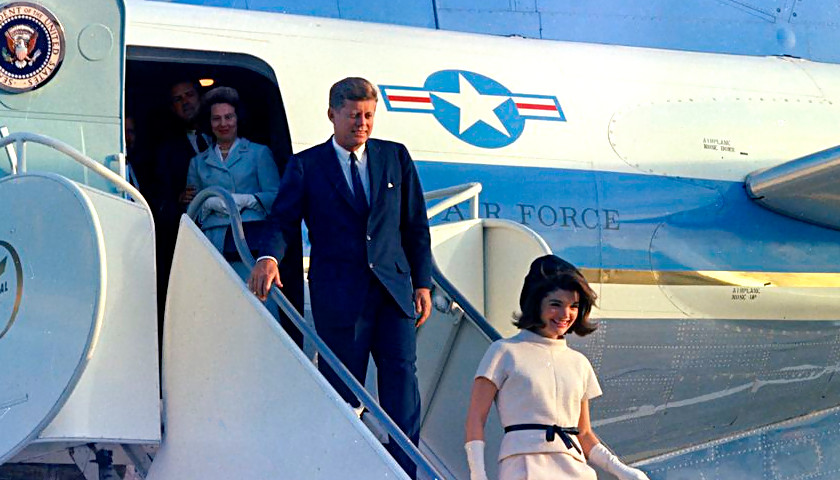



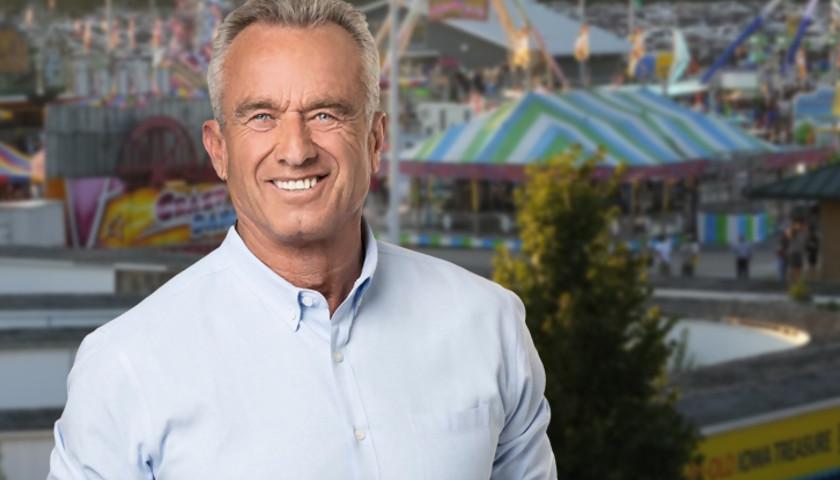
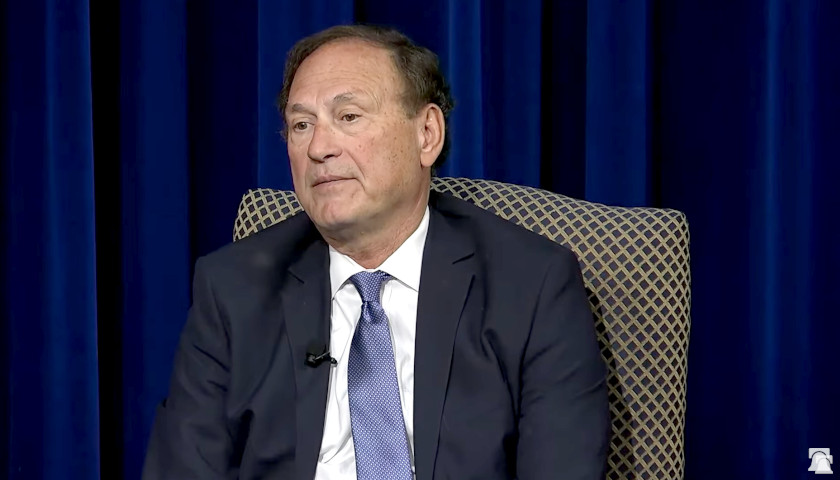
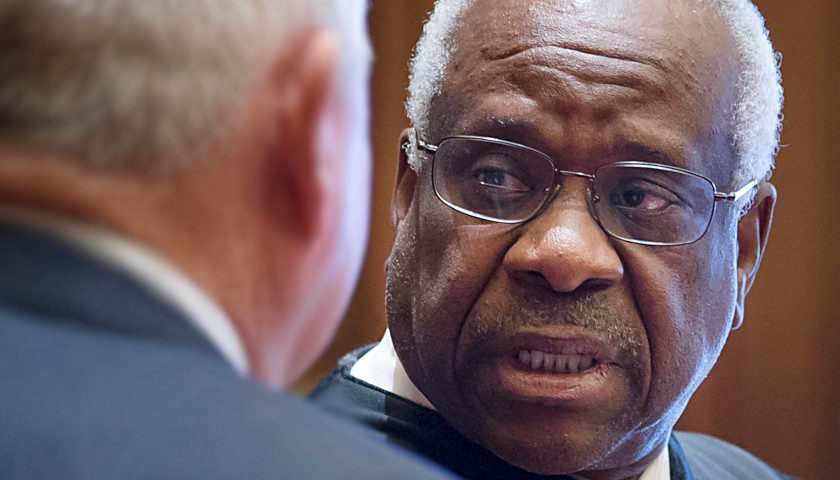
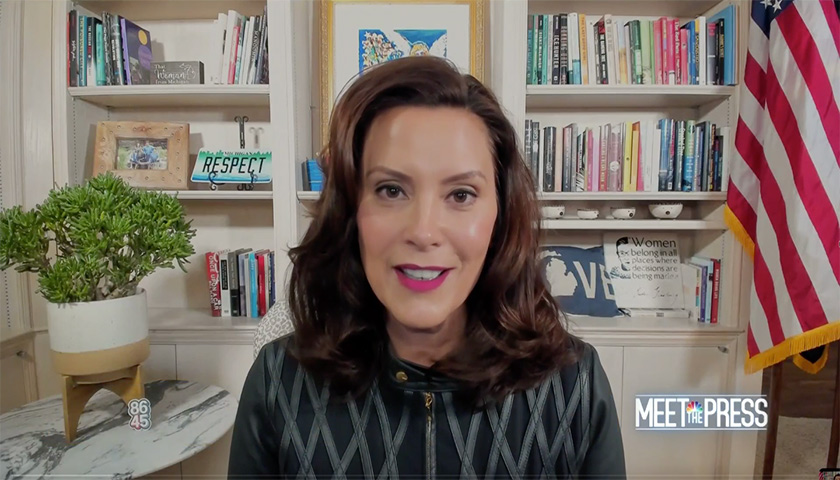
[…] HAT-TIP: THE TENNESSEE STAR […]
The first paragraph says Lee Harvey shot JFK. He was never tried and or convicted of anything.
Those comments are false.